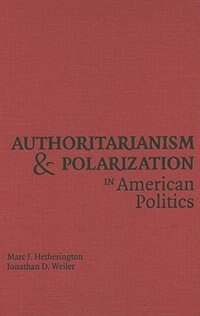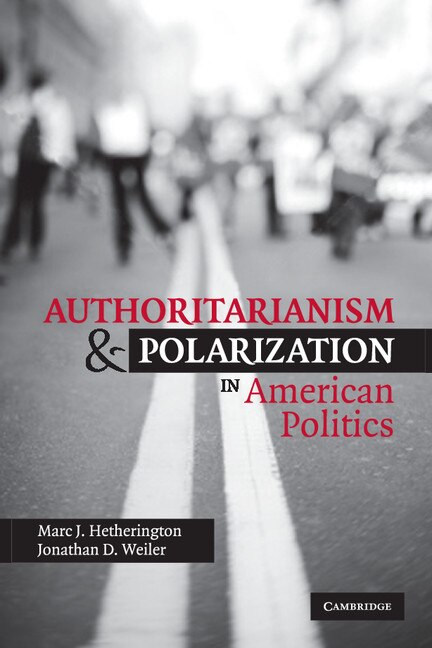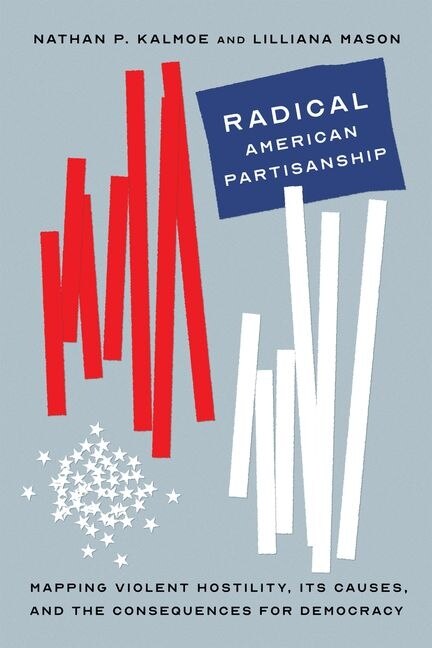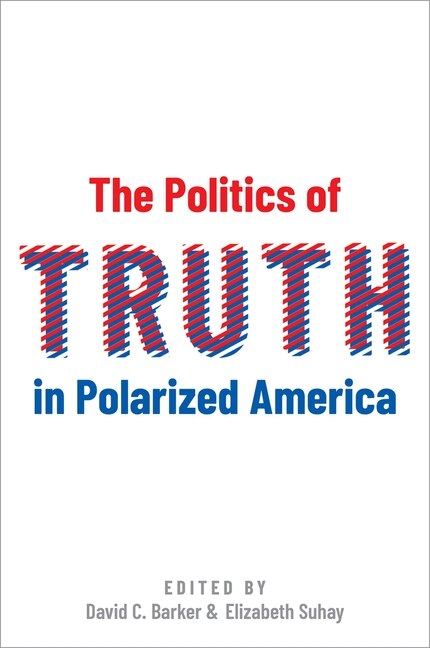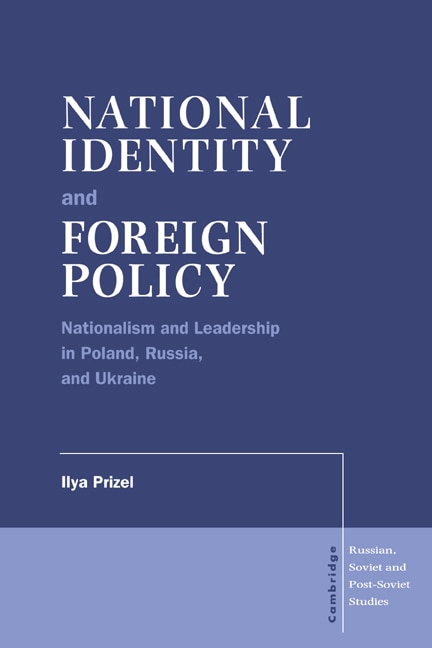Home
National Identity and Partisan Polarization by Eric M. Uslaner, Hardcover | Indigo Chapters
Loading Inventory...
Coles
National Identity and Partisan Polarization by Eric M. Uslaner, Hardcover | Indigo Chapters
From Eric M. Uslaner
Current price: $98.30
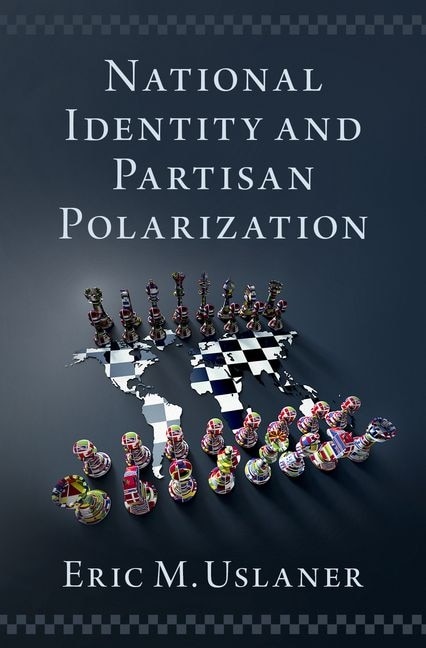

Coles
National Identity and Partisan Polarization by Eric M. Uslaner, Hardcover | Indigo Chapters
From Eric M. Uslaner
Current price: $98.30
Loading Inventory...
Size: 1 x 9.25 x 432
*Product information may vary - to confirm product availability, pricing, shipping and return information please contact Coles
National Identity Identity and Partisan Polarization examines how national identity has become a central issue in political and social life across the world. Questions of identity-who should be counted as a "true member" of a society and who deserves assistance from the government-havedisplaced other social and economic issues across nations in many countries. This study considers the role of identity theoretically and in the United States, the United Kingdom, France, Austria, Germany, Sweden, Hungary, Poland, Israel, and Taiwan. Identity varies over time and over countries. Some such as Sweden have a more "inclusive" sense of identity-one does not needto be born in the country or have ancestry to be considered a "true Swede." Other countries, such as Austria, France, Hungary, Poland, Israel, and Taiwan, have a more "exclusive" notion of identity-where one was born and a common heritage (race, religion, ethnicity) are seen as essential for seeingothers as "true" members of society. "Outsiders" are viewed negatively, often as threatening a national culture and not deserving of government assistance. In the United States, the United Kingdom, and France, the major political parties take opposing positions on identity. In the United States andthe United Kingdom, issues of identity have become highly correlated (polarized) with social and economic issues. In the former Communist countries of Hungary and Poland, the dominant parties have taken nationalist positions on identity but favor generous welfare policies for people of their ownbackground. In Israel and Taiwan, social and economic issues have become less important than nationalism. | National Identity and Partisan Polarization by Eric M. Uslaner, Hardcover | Indigo Chapters

